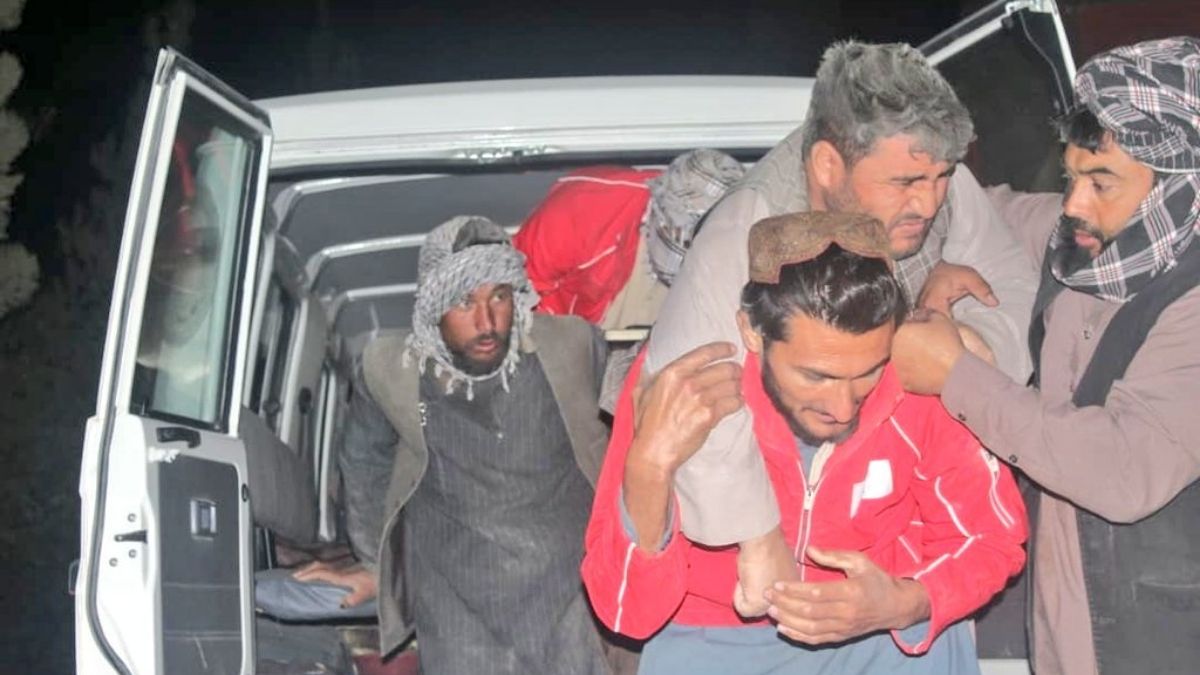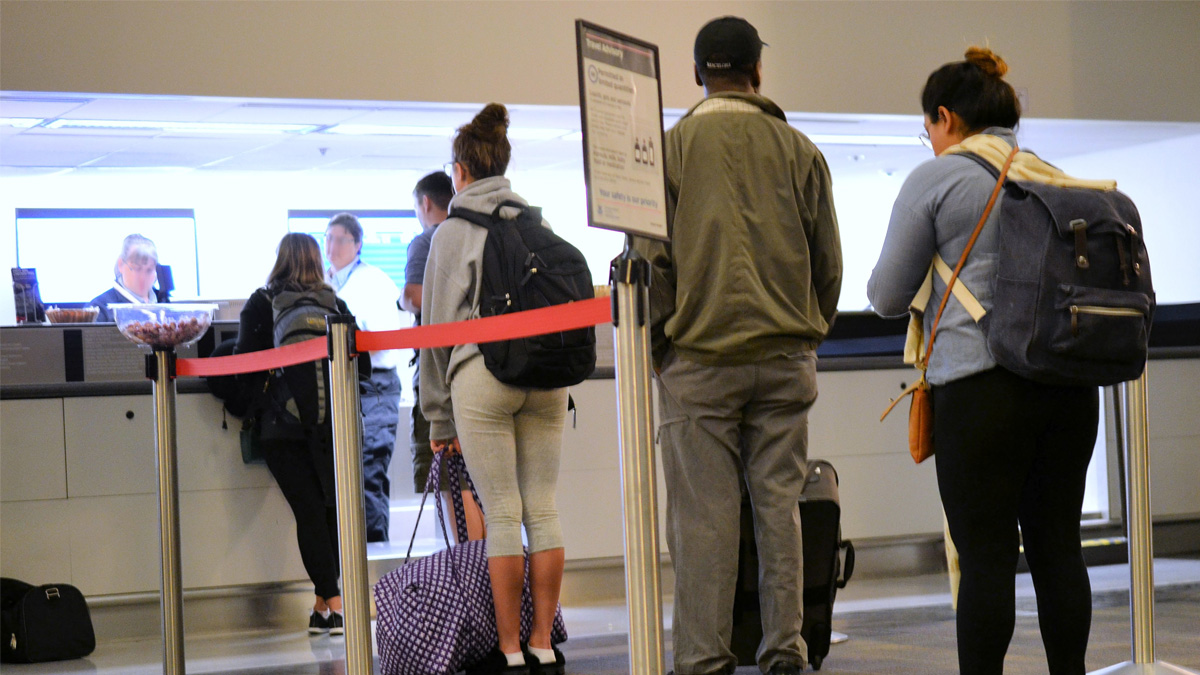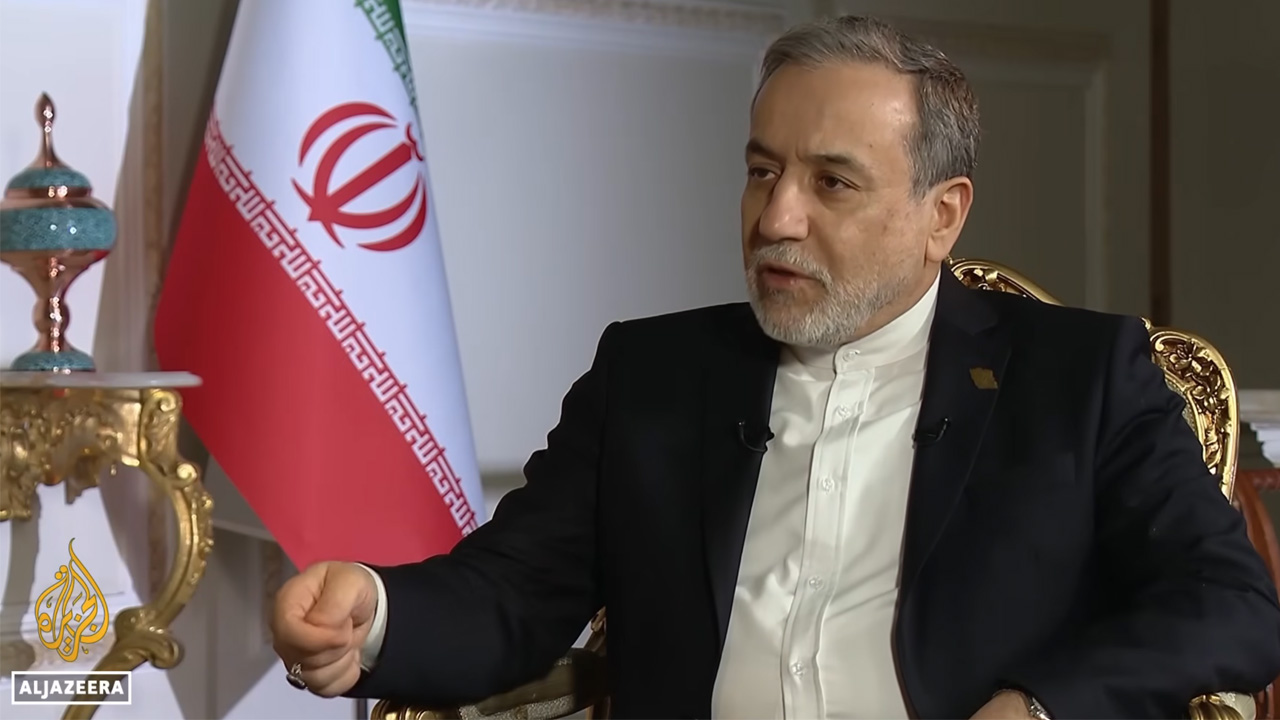Afghanistan says Pakistan’s air strikes killed nine children and one woman in Khost province
Afghan Taliban spokesman Zabihullah Mujahid said Pakistani forces bombed a home in Khost on 25 November, killing nine children and one woman. Additional strikes in Kunar and Paktika injured four civilians, raising fears of renewed conflict amid a fragile ceasefire.

- Pakistani air strikes in Afghanistan’s Khost province killed nine children and one woman, according to Afghan Taliban spokesman Zabihullah Mujahid.
- Additional raids in Kunar and Paktika reportedly wounded four civilians, amid a fragile ceasefire.
- The attacks follow recent suicide bombings in Pakistan that Islamabad links to militants allegedly operating from Afghan soil.
Afghan officials have accused Pakistan of carrying out deadly cross-border strikes that killed 10 civilians in southeastern Afghanistan on 25 November, reigniting fears of escalating conflict between the neighbours.
According to a report by the Afghan Taliban, spokesman Zabihullah Mujahid said the attacks destroyed the home of local resident Wilayat Khan in Khost province, killing nine children and one woman.
He stated that the bombardment occurred in the Gerbzwo district shortly before midnight, and that images of the victims were circulated on X.
Mujahid also reported that Pakistani forces carried out additional raids in Kunar and Paktika provinces, where at least four civilians were injured.
There was no immediate response from Pakistan, and attempts to reach the Pakistan military and Foreign Ministry outside business hours were unsuccessful.
The latest incident comes as a fragile ceasefire between the two nations remains under strain, with both sides accusing the other of undermining negotiations.
Relations deteriorated further after twin suicide bombings in Peshawar on 24 November killed three personnel from the paramilitary Federal Constabulary force.
Jamaat-ul-Ahrar, a splinter faction of the Pakistan Taliban (TTP), claimed responsibility for the Peshawar attack, intensifying Islamabad’s concerns about cross-border militant movement.
State broadcaster PTV reported that the attackers were Afghan nationals, while President Asif Zardari blamed what he called “foreign-backed Fitna al-Khawarij,” a term used by Islamabad for TTP militants it alleges operate from Afghan territory.
Earlier in November, another suicide attack in Islamabad killed at least 12 people. Pakistani authorities said the operation was carried out by a TTP faction guided “at every step” by leadership based inside Afghanistan.
Tensions have remained high since deadly clashes along the border in October, which killed about 70 people and marked the worst violence since the Taliban returned to power in 2021.
The fighting halted following a ceasefire mediated by Qatar and Turkiye, but follow-up talks in Istanbul collapsed without a durable agreement.
According to reports from both sides, the breakdown centred on security concerns, particularly Pakistan’s demand that Kabul curb TTP fighters who have carried out a long-running insurgency.
Pakistan accuses the Taliban administration of sheltering TTP militants and failing to prevent cross-border attacks.
Afghanistan rejects the allegations and counters that Pakistan harbours groups hostile to Kabul while violating Afghan sovereignty through unilateral military actions.
The air strikes in Khost, Kunar, and Paktika now risk further destabilising already tense relations, with both governments under pressure to prevent a renewed cycle of violence.









0 Comments